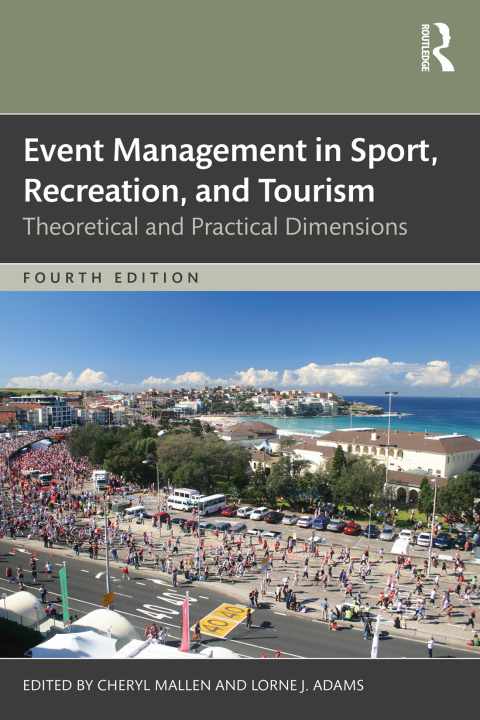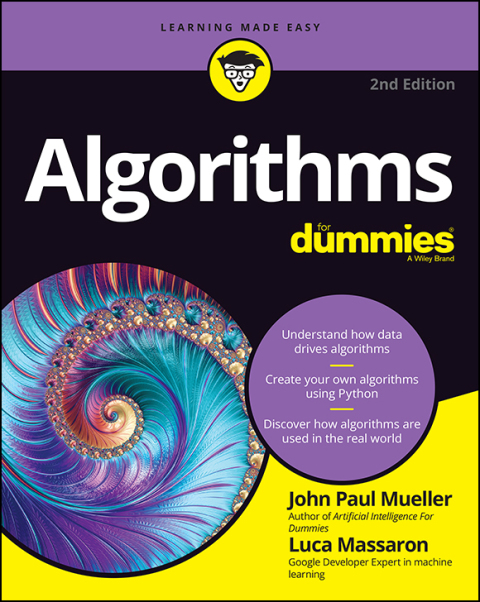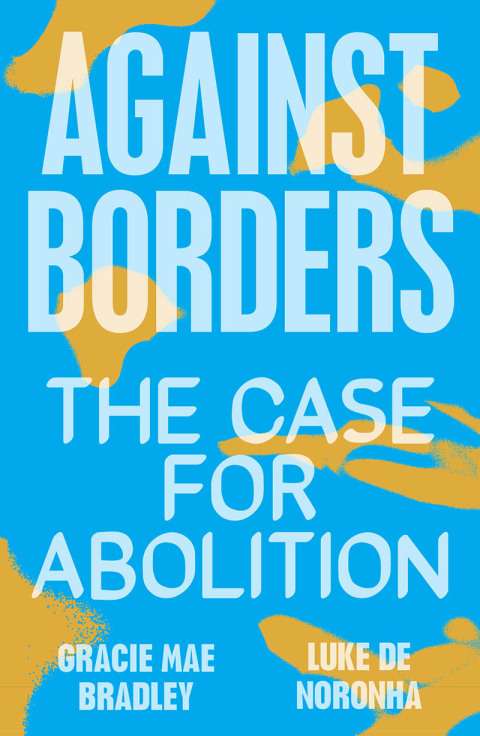Description
Efnisyfirlit
- Cover
- Half-Title
- Title
- Copyright
- Contents
- List of Contributors
- Preface to the Fourth Edition
- Acknowledgements
- 1 Hosting traditional and niche events in sport, recreation, and tourism: Knowledge required for success in practice
- Pursue perspicacity
- Nurture your flexibility effect
- Understand niche and traditional events
- Niche events
- Traditional events
- Build your bank of knowledge for hosting niche and/or traditional events
- Common knowledge
- Advancement knowledge
- Plan to advance your common and advancement knowledge
- Conclusion: So, what do you need to know to build for success in sport, recreation, and tourism event management?
- Chapter questions
- References
- 2 Building fundamental knowledge to be a facilitator of events
- Facilitation by Amy Cunningham
- What is facilitation?
- Facilitating communication requirements
- Facilitating group communication requirements: the case of group rhythm and facilitation
- Facilitating knowledge transfer
- Facilitating event structures for governance by Joanne MacLean
- Event structures
- Theoretical dimensions of event structures
- Principles in event structures
- Application of theory and principles in event structures
- Conclusions
- Chapter Questions
- References
- 3 The development phase of the event planning model
- Facilitating the development of event goals and objectives
- Examples of event goals and objectives
- Facilitating event policy development
- Facilitating policy congruence
- Assignment A – Staff and volunteer training program
- Assignment B – Event contracts
- Assignment C – Event permits and liability insurance
- Assignment D – The event communication system
- Example: Policy becomes praxis
- Assignment E – The event communication system
- The challenge of facilitating policy statements into practice
- Facilitating event volunteer management by Lorne Adams
- A volunteer management program
- Conclusions
- Chapter questions
- References
- 4 The event operational planning phase of the event planning model
- Mechanism 1: The cultivation of the operational planning network
- Application of contingency theory
- Application of complexity theory
- Application of dissipative structures
- Application of agency theory
- Application of the theory of marginal gains
- Mechanism 2: Generating written operational plans
- The written event operational plan: Establishing a design format
- Logical operational planning
- Sequential operational planning
- Detailed operational planning
- Assignment A: Level 3 planning
- Mechanism 3: The inclusion of contingency and emergency plans
- Assignment B: Contingency issues
- Mechanism 4: Update and test the communication system
- Assignment C: Develop a diagram of the communication structure
- Mechanism 5: Establish meeting agendas
- Assignment D: Meeting agenda development
- Mechanism 6: Integrating the operational plans between event components
- Assignment E: Integration of operational plans
- Mechanism 7: Prepare for event issues and political ‘games’ with a guiding ethical statement
- Mechanism 8: Preparing for the activation of the operational plans
- Mechanism 9: Practice to develop your operational planning skills
- Conclusions
- Chapter questions
- Appendix A: Case study – An event volunteer management operational plan
- Case assignment
- Appendix B: Case study – Segments of operational plan for event transportation
- Appendix C: Case study – Sections of operational plan on the hospitality component
- 5 Issues and management strategies in event operational planning
- Defining issues management
- Knowledge in issues management
- Best practices
- Events as legacies
- Event issues and management strategies
- Timing issues
- Accountability/authority issues
- Knowledge management issues
- Funding issues
- Relationship issues
- Turnover of staff/volunteer’s issues
- Case assignments
- What can event managers do about arising event issues?
- Conclusions
- Chapter questions
- Appendix: A research strategy for determining event issues and strategies
- A modified Delphi research technique
- The interview and questionnaire framework
- The Delphi participants
- Data analysis
- 6 The event implementation, monitoring, and management phase of the event planning model
- Implementation: executing the plan
- Disseminating implementation requirements and hosting production meetings
- Monitoring the dynamic and fluid operational environment
- Managing operational plan implementation
- Overcome foreseeable failure when managing deviations from the plan
- Predetermine the decision-making team and process
- Programmed and non-programmed decisions
- Inherent implementation, monitoring, and management issues in operational network practice
- Issue: operational plan detail and implementation performance
- Issue: implementation knowledge and performance
- Issue: Deviations from the plan
- Issue: Implementation conflict
- Issue: Implementation communication
- Conclusions
- Chapter questions
- References
- 7 The event evaluation and renewal phase of the event planning model
- Background knowledge for the event manager
- What is an evaluation?
- Why is evaluation necessary?
- What are the key evaluation questions to ask?
- What are the other areas of consideration when designing an evaluation?
- What is the role of theory in evaluating events
- What are the general steps for conducting evaluations and making decisions?
- The Three Horizons for event renewal and growth over time
- Conclusions
- Chapter questions
- References
- 8 Safeguarding the natural environment in event management
- What is environmental sustainability?
- Why is environmental sustainability important in event management?
- Environmental change, vulnerability, and the need for resilience and adaptation for sport, recreation, and tourism events
- Roles and responsibilities for environmental sustainability in event management
- The triple top line and the triple bottom line
- Life cycle assessment
- Carbon footprint
- Ecological footprint
- Assignment A: Understanding event-related, environmentally focused organizations
- Assignment B: Event decision-making for environmental sustainability
- Assignment C: Ace Corporation Triathlon Group (ACTG) sustainability ownership and accountability
- Assignment D: Using a carbon footprint to minimize accommodation impact
- Conclusions
- Chapter questions
- References
- 9 Environmental sustainability in sport, recreation, and tourism: “You ain’t seen nothing yet”
- Calls to enact environmental sustainability
- Sport, recreation, and tourism environmental sustainability in practice
- Events and network relationships that aid in environmental sustainability
- Events and environmental awareness programs
- Event actions toward carbon neutrality to improve air quality
- Event facilities and environmental sustainability
- Event facilities and renewable energy
- Event facilities generating waste mitigation and efficiencies
- Event facilities and water safeguards
- Events and other environmental strategies
- Research in event sport, recreation, and tourism environmental sustainability
- Moving forward in event environmental sustainability
- Apply appreciative theory for a mindset that seeks solutions
- Embed environmental actions
- Generate leadership to guide the way forward
- Conclusions
- Chapter questions
- References
- 10 Event bidding
- What is a feasibility study?
- What is a candidature document?
- What is a bid questionnaire?
- What is a bid dossier?
- What is a bid tour?
- What are the critical factors in a successful bid?
- What is one critical factor for bid success?
- Conclusions
- Chapter questions
- References
- 11 Politics in event bidding and hosting
- What is meant by the “politics of events?”
- Politics in the decision to bid or not to bid
- Politics in the event bid phase – the committee
- Politics in the event bid phase – the proposal
- Politics in the event bid phase – the decision-makers
- Politics in the event bid transition and review phase
- Politics in the event hosting phase
- Overcoming politics in event bidding
- A key factor in managing event politics – consistent communication messaging
- A key factor in managing event politics – establishing core values
- Conclusions
- Chapter questions
- References
- 12 Facilitating quality in event management
- Can an event manager meet all requirements for quality?
- What is quality?
- Quality is defined as ruggedness and longevity in the manufacturing industry
- Definitions for quality in the service industry
- Expanded meanings of quality
- Quality is conformance to specifications
- Quality is excellence
- Quality is value
- Quality is meeting and/or exceeding customers’ expectations
- Aesthetic quality
- Functional quality
- Technical quality
- A lack of guidance for quality in event management
- Issues in creating quality statements and defining quality in event management
- Limited control over inputs influences quality
- Financial constraints influence quality
- Issues in stakeholder expectations as quality perceptions
- Contingency plans influence quality
- Assignment 1: Evaluate sample quality statements
- Quality statement for Rally in the Valley
- Quality statement for Nantou Balloon Fest
- Quality statement for Rocking on the River
- Assignment 2: Generate your quality statement for the work of an event manager
- Conclusions
- Chapter questions
- References
- 13 Conclusions
- Index






Reviews
There are no reviews yet.